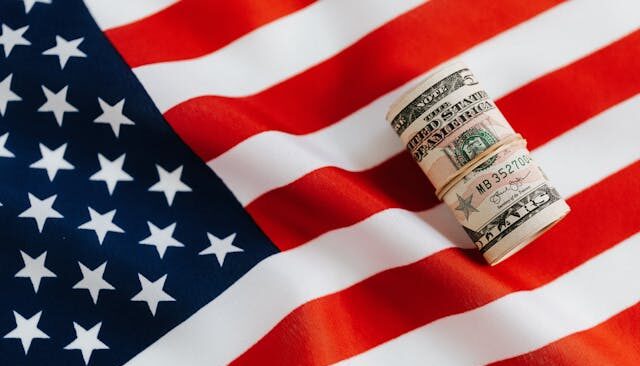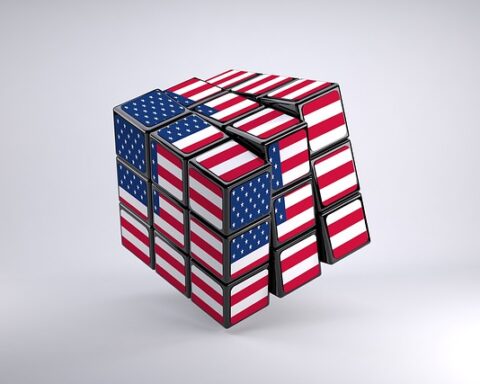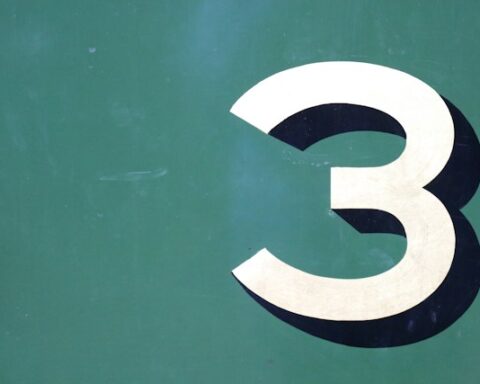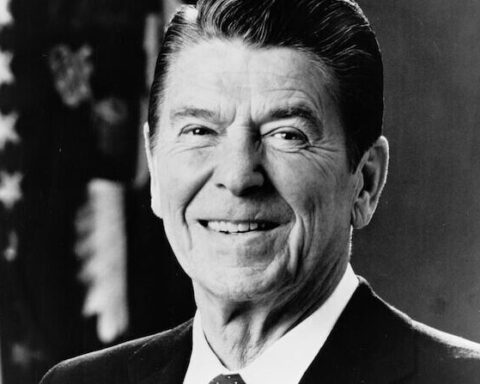During one of my early campaign jobs, I saw up close many aspects of a political campaign I hadn’t seen in person before.
One of these was the inner workings of campaign finances in local and midsized elections and all the money that had to be spent and allocated for various programs.
While I had studied campaigns and campaign finance in college and knew of the billions of dollars spent in major federal elections, seeing up close how much money was being spent by local and midsized campaigns was pretty eye-opening.
Let’s just say that the money spent on the media spots alone was in the six to seven-figure range.
It illustrated how adherent politics is to money, even at the local level, and how much control those who can contribute big money have over the system.
For many people, this influence of big money in politics has become a significant problem. A problem that limits democracy by putting the power of our political system in the hands of business interests, wealthy donors, and corrupt politicians.
Others, however, feel that money in politics is part of the inherent nature of free speech in a democratic system and that limiting money in politics would, in effect, limit political free speech.
But which one is it? And what is the best way to approach big money in our democratic political system?



